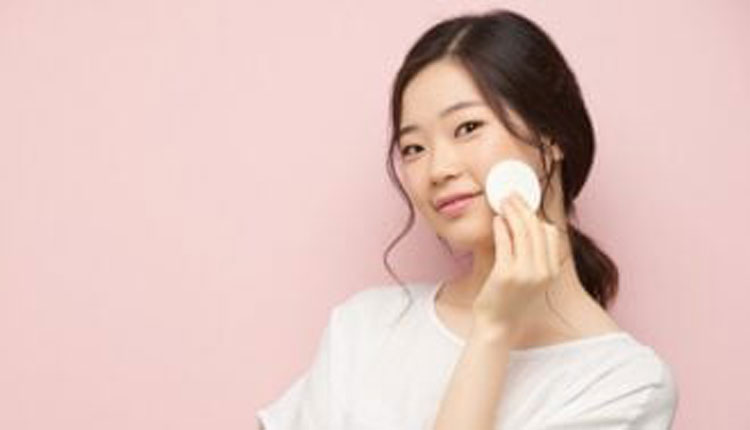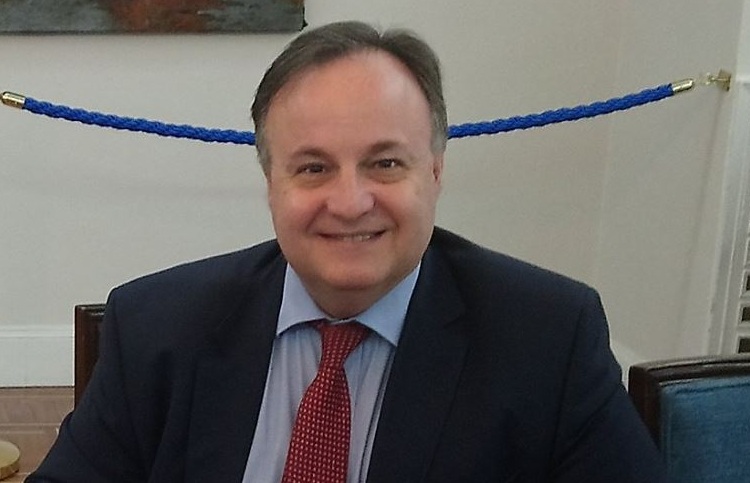The Diplomat
KOTRA, the Korean Government Trade Office responsible for the overseas expansion of small and medium-sized companies and the opening of new markets, has organised a new ‘Korea in Madrid’ fair from 16 to 19 December which, on this occasion, will be dedicated to beauty and wellness products from the Asian country.
The fair, which will bring together the main brands of Korean cosmetics in the Plaza de Callao, in the heart of Madrid, will allow all those who wish to have at their fingertips the best products of the cosmetics mecca of our days, Seoul, and attend different masterclasses to get the most out of them.
Although cosmetics from the Republic of Korea have become a synonym of quality among the Spanish public, and exports of this type of products have only grown, it is not always easy for customers to access the full range of products offered by K-Beauty, which is the reason for the organisation of this fair.
Korean-made cosmetic products are among the most sought-after products both at home and abroad. That is why Korea is currently one of the ten most important beauty markets in the world and the third largest exporter globally with 7.3 billion dollars, which places Korean cosmetics on the list of the country’s most exported products along with other well-known products such as technological equipment or automobiles.
One of the key factors behind the great international success of Korean beauty products is precisely the rise of Hallyu around the world. These products are used by public figures appearing in Korean series and films and by K-Pop artists, true celebrities in many countries, so any product associated with them becomes a global trend.
In the case of Spain, beauty products manufactured in the Asian country made a strong entry into the Spanish market in 2016 with the BB Cream boom, which led to a three-fold increase in imports, which doubled again in 2017. In 2020, Spain already ranked 15th in the world in the ranking of countries importing Korean beauty products and 3rd at European level, with an import volume of almost 12 million euros and a total of 1,126 operations, according to data collected by KOTRA.
It is also important to highlight the fact that in recent years the male cosmetics market in Korea is experiencing a considerable increase with a 44% increase between 2011 and 2017, especially among the younger generations, and this may be reflected in markets with great room for growth such as the Spanish market.
Innovation at the service of cosmetics
Just as innovation plays an important role in the development of technology, it also plays an important role in the development of cosmetics. Korean companies are continuously searching for formulas and strategies that differentiate their products and place them at the forefront of global cosmetics.
According to experts in the cosmetics industry, a good example of this is the systems shown at beauty fairs, which are able to determine a person’s skin type and skin quality through a simple photograph in order to advise them on the most suitable products. In addition, thanks to the use of new technologies, the personalisation of cosmetics is also being taken to the extreme. There are 3D printers capable of manufacturing hydrogel face masks configured on the basis of a diagnosis and analysis of the characteristics of the consumer’s face carried out via a mobile application.
Hallyu (Korean wave) is a cultural phenomenon that emerged in Korea in the 1990s and which, thanks to digital platforms and social networks, became a global phenomenon from 2010 onwards, mainly through the boom in K-Pop, cinema, series and Korean food. A good example is the inclusion in 2016 of the word K-Pop in the Oxford English Dictionary, and more recently, in October this year, of the term Hallyu and other related terms such as Korean Wave and K-Drama. However, this cultural fever goes beyond the music and film industry, or the Asian country’s gastronomy, as is the case of Korean cosmetics, better known internationally as K-Beauty.







